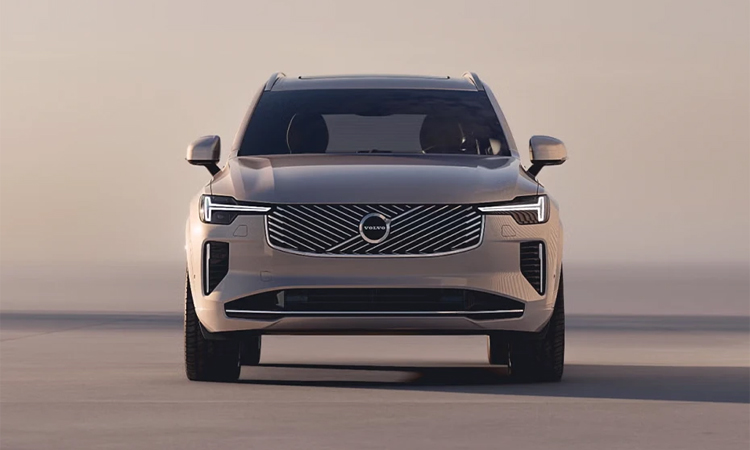News Flash
News Flash

STOCKHOLM, April 29, 2025 (BSS/AFP) - Sweden's Volvo Cars announced Tuesday a plan to cut costs by 18 billion kronor ($1.9 billion), including through job cuts, as its profits fall and the auto sector navigates US tariffs.
The carmaker, owned by Chinese group Geely, posted a net profit of one billion kronor for the first three months of 2025, down 73 percent from the same period last year.
Volvo Cars sales fell 12 percent 82.9 billion kronor over the same period, the company said in an earnings statement.
European automakers were already struggling with slowing electric sales and rising Chinese competition before US President Donald Trump imposed a 25 percent tariff on the sector in early April.
"The world has changed a lot in the last few years and the automotive industry is in the middle of a very difficult period with challenges we have not seen before," Volvo Cars chief executive Hakan Samuelsson said in the earnings statement.
Most of the cost-cutting programme will take place in 2026, the company said, without saying how many jobs would be affected.
"As part of the action plan, there will be redundancies at our operations around the globe, but we will come back with more details as soon as possible," Samuelsson said.
He added that 2025 would be a "challenging and transition year given the uncertainties around macroeconomic, geopolitical and market developments".
"As we enter into the year, we see that tougher market conditions and lower volumes combined with increased price pressure and tariff effects are impacting profitability," Samuelsson said.
After US tariffs came into force in early April, Volvo Cars announced earlier this month that it would increase its production in the United States and probably produce an additional model there.
"We need to adapt to a more regionalised world," Samuelsson said.
He said Volvo Cars would focus its strategies for the US and Chinese markets.
"In the US, we will sharpen the product line-up we need for growth and look into how we better can use the existing manufacturing footprint we have there in the coming years - producing more where we sell," he said.